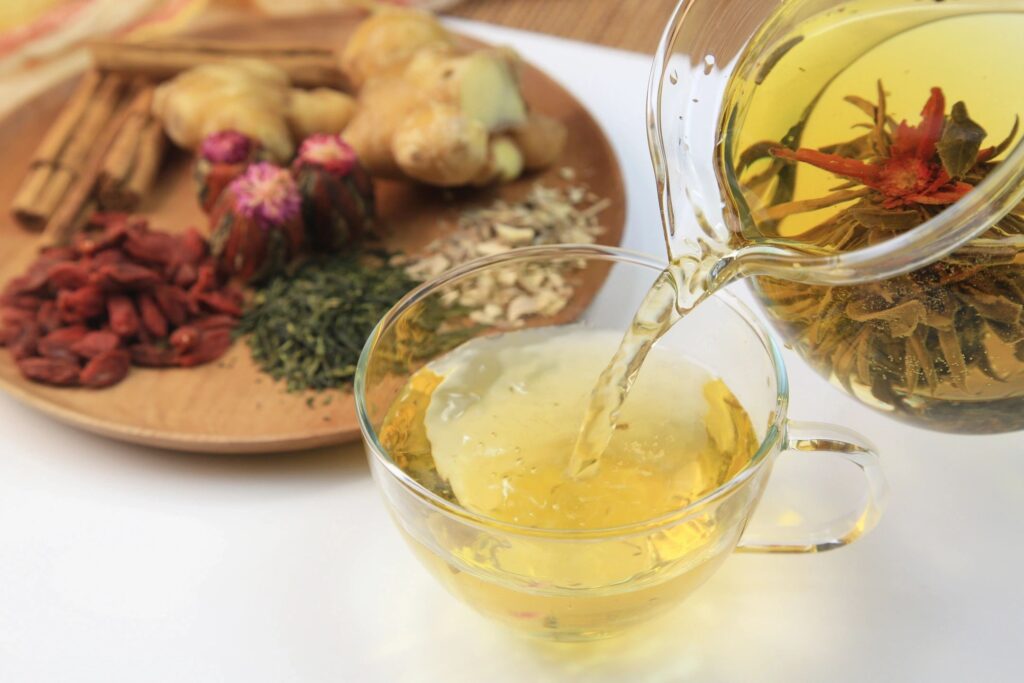Cystitis: Natural Treatments

What is Cystitis?
Cystitis refers to inflammation of the bladder and is usually due to a bacterial infection. It seems to be more common for women than for men. Symptoms of cystitis may include frequent and urgent urination, pain or burning during urination, cloudy or strong-smelling urine, and lower abdominal pain. Treatment typically involves antibiotics to clear the infection, as well as pain relievers and other medications to manage symptoms. Recently, physicians have been recommending lifestyle changes to reduce the frequency of UTIs and Bladder Infections.
What are natural ways to treat cystitis?
There are several natural ways to help alleviate the symptoms of cystitis, but it’s important to note that these remedies should not replace medical treatment if necessary.
Here are some natural remedies that may help with cystitis:
- Drinking plenty of water: Staying hydrated is important to flush out bacteria and toxins from your bladder.
- Drinking unsweetened cranberry juice: Cranberries contain compounds that can help prevent bacteria from sticking to the bladder walls, reducing the risk of infection.
- Applying heat: Applying a heating pad or warm compress to your lower abdomen can help alleviate pain and discomfort.
- Taking probiotics: Probiotics may help restore the balance of good bacteria in your gut and urinary tract, reducing the risk of infections.
- Avoiding irritants: Certain foods and drinks, such as alcohol, caffeine, spicy foods, and artificial sweeteners, can irritate the bladder and worsen symptoms. Avoiding these can help reduce discomfort.
- Practicing good hygiene: Proper hygiene can help prevent the spread of bacteria that can cause cystitis. Make sure to wipe from front to back after using the restroom, and avoid using scented products in the genital area.
We would like to emphasize the importance of proper hydration as a preventative measure for UTIs and Bladder Infections, as well as, Cystitis.
When you are dehydrated, your urine becomes more concentrated, which means it contains a higher concentration of salts, minerals, and other substances that can irritate the bladder lining. This irritation can make it easier for bacteria to attach to the bladder wall and cause an infection.
Additionally, when you are dehydrated, your body may not produce enough urine to effectively flush out bacteria and other irritants from the bladder due to the reduction in frequency of urination and volume of the fluids you are expelling. This can allow bacteria to multiply and cause increase chances of infection.
Learn more about us! Check out the links below!